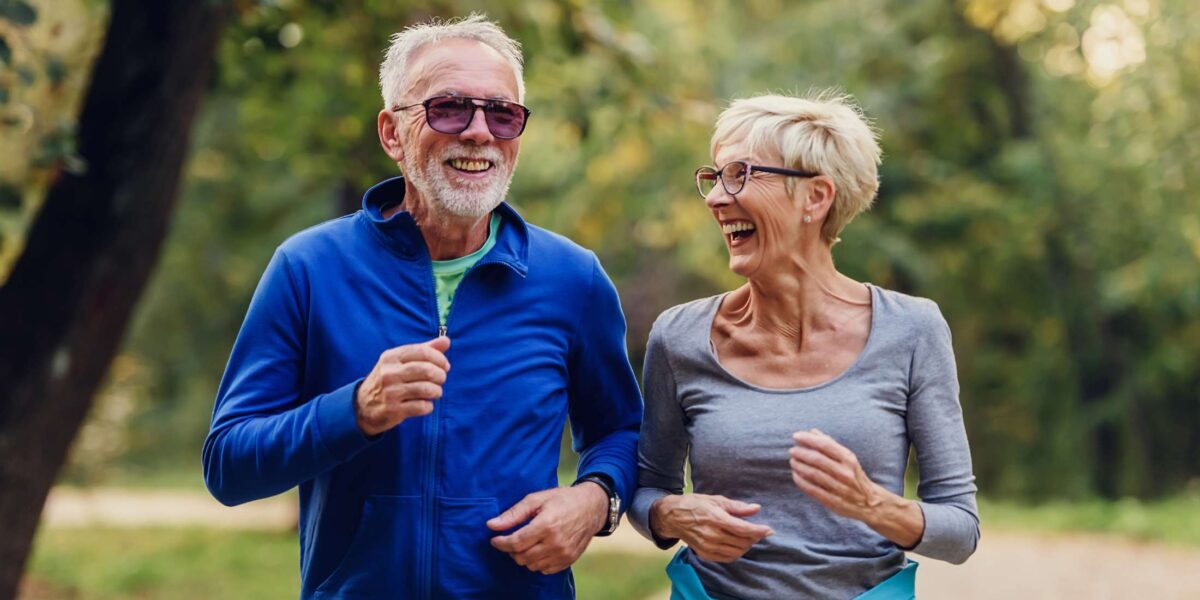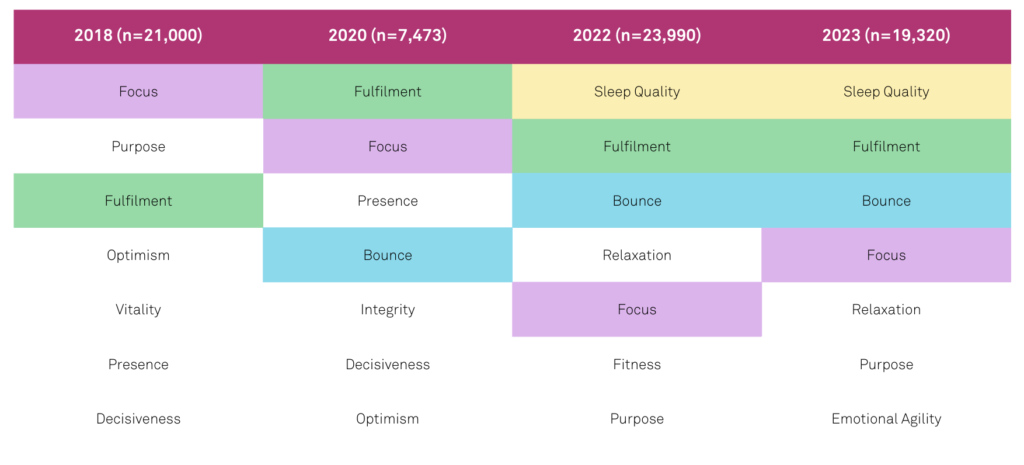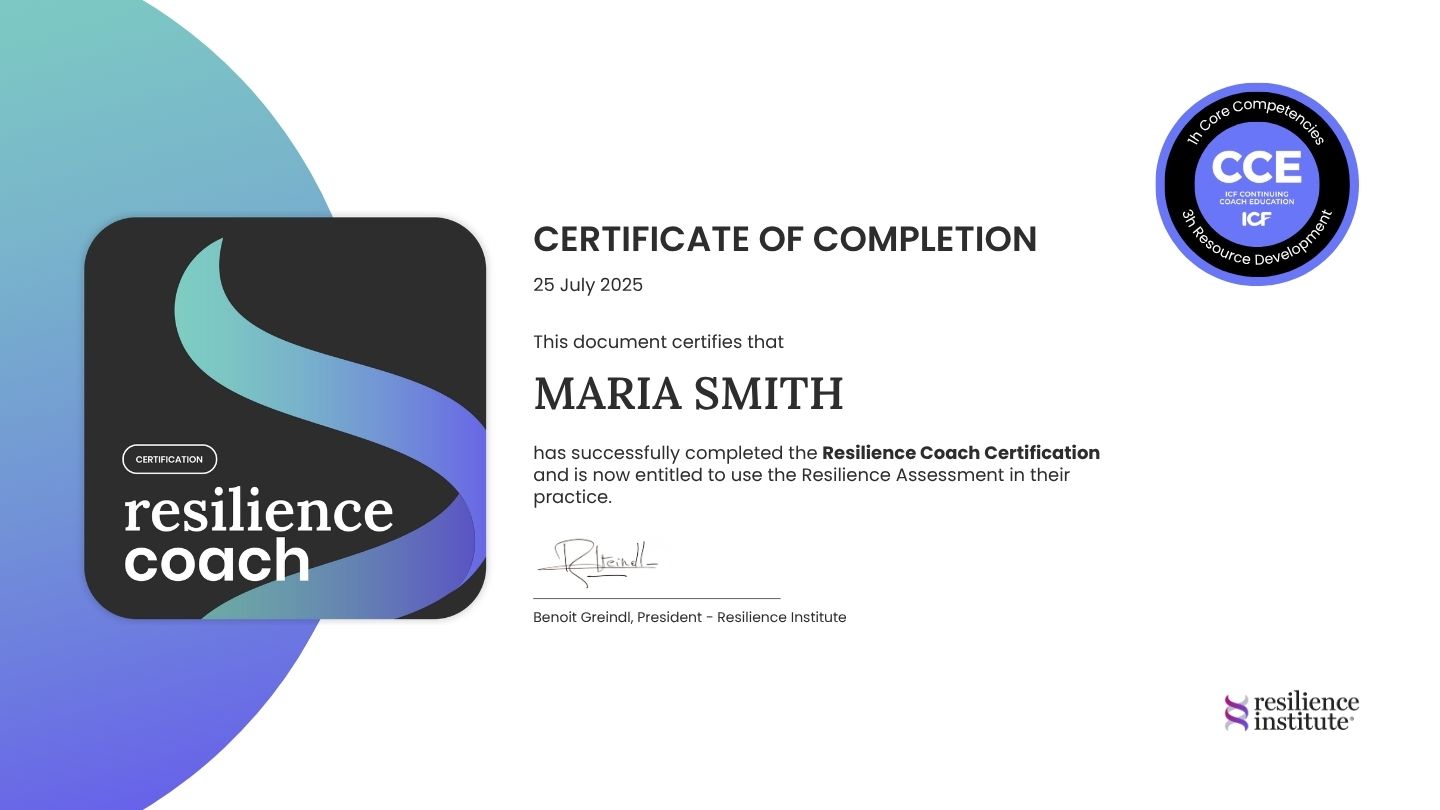
A Guide to Longevity
The desire to extend life is strong. We fear death, and we long to live forever. Most will pay handsomely for an ‘elixir of life.’ Don’t be gullible.
In this article, we test longevity through the lens of resilience. Whilst the topic is exciting, we recommend you double down on the basics whilst living your life with equanimity, joy and wisdom.
Balancing Hope With Evidence-based Practice
Humans have concocted herbs, potions, prayers, religions and many strange solutions in all societies. Both well-meaning and criminal entrepreneurs have done well by promoting various ‘elixirs’. The supplement industry is worth $151 billion with a CAGR of 8.9%. Good evidence for real benefit is practically non-existent, and the damage from plastic packaging far outweighs any benefit.
Until recently, life expectancy topped out at 30 years of age. As of 1900, it began to increase. Basic hygiene factors such as clean water, lodging and food are the foundations. Reduced child mortality and improved healthcare supported surging life expectancy. Today life expectancy ranges from 40 in Eswatini (HIV being a major factor) to 83 in Japan. Maximum life expectancy is 122 (Jeanne Calment).

What Does Good Science Say About Longevity Factors?
- Genes contribute perhaps 10%. It’s an active research topic.
- Environment and lifestyle are the main contributors
- Don’t smoke
- Maintain healthy weight
- Get up and move (30 minutes most days)
- Healthy food choices (Mediterranean diet)
- Master mental health and distress
- Sleep quality, consistency and timing
- Reduce alcohol
- Build strong relationships
- Regular screening (blood sugar, blood pressure, maybe lipids)
- Wealth is better than poverty and can add up to 20 years
- Women today live a few years longer than men
- Mental illness reduces life expectancy by 10 to 25 years
- Chronic illness reduces life expectancy significantly
- Education increases longevity
Innovative attempts to extend and enhance life abound. Genetics, biotechnology and artificial intelligence are pushing for the ‘elixirs of life’. Attention-seeking claims abound. Remain cautious yet optimistic that we will make progress. Many colleagues use hormone replacement, and most take a concoction of supplements. As yet, there is no convincing evidence for anything beyond the list above.
What Do the Most Resilient People Actually Do?
Our own research tracks the behaviours of program participants. The tables below present assessments from 71,783 people between 2016 and 2022.

Figure 1 shows the strength factors that the top 10% by Resilience Ratio execute on most consistently compared to the bottom 10%. Despite the subtle shifts over time, the message is clear:
- Secure your Sleep Quality
- Seek and secure Fulfilment
- Understand and master Bounce
- Strengthen and lengthen your Focus
- Practice Relaxation daily
- Define and articulate your Purpose

Figure 2 shows the risk factors that the top 10% by RR protect against consistently. Again, the message is clear:
- Eliminate Worry from your life
- Protect yourself from Fatigue
- Master Anxiety
Our most recent data on program impact shows the following gains:

Dr. Sven Hansen’s Personal Reflections on Longevity
I am almost 64. Blessed with great parents, environments, education, marriage, family, friends and a purposeful career. Structured and demanding sport is part of every day. Sleep is not negotiable. I relax or meditate daily. My wife will likely outlive me. Life is fun. Ocean swimming and surf-ski are competitive. Kite surfing and nature-walking is joyous. I am no puritan. I love the sun, never use sunscreen, eat and drink mostly Mediterranean, and feed my curiosity with at least one book a week.
My father was a professor of paediatrics who published hundreds of studies on child well-being and lived well to 91. As children, we met many experts who pioneered preventive medicine. I have consumed literature on prevention, well-being, longevity, mental health and resilience throughout my medical career, and it is my life work. These are my recommendations for longevity.
Sit lightly with your life
Yes, you are important. BUT not that important. We coalesce into a living, conscious being in the blink of time. Play the game of life well and enjoy the moment. Accept death. Be grateful and content. Live with dignity. Take care of your life. Be good to others. Smile.
Sleep well
Maintain your sleep timing, quantity and quality. Sleep’s restorative and regenerative effects are well established, and it is the one thing you can do every day that improves your physical, emotional, mental and moral capabilities. Sleep restores hormones, immunity, oxidative stress, brain function, emotional distress, inflammation, strength, memory and creativity. Without good sleep, your life will be Hobbesian (nasty, solitary, brutish and short).
Move with precision
We are designed to move. When we don’t, we age and get sick. When we do, everything improves. Train your body every day. Remember flexibility, balance, strength, cardiovascular fitness and speed/intensity. Success will come from study, expert support, practice, repetition and relentless execution. I believe the collapse of physical fitness is one of the greatest risks to human well-being.
Master relaxation
Life and work pressures generate physical, emotional and mental distress. To restore homeostasis, we need reliable and instantly effective relaxation. When pressure and distress become long-term, well-being and longevity decline. If we can restore calm and equanimity, the rhythmic flux between effort and relaxation builds resilience and well-being. Use what works for you—breath control, massage, nature, meditation or deep relaxation. It will support bounce in adversity. Do it every day for at least eight minutes.

Find your purpose and flow
Support for clarity of purpose and flow (skills matched to challenge) is building (see endnote 3). The purpose appears to be better than fulfilment in supporting well-being and longevity. Define your purpose by knowing what matters to you and articulating this purpose clearly. Then set about acquiring the skills to master the challenge ahead. Absorb your setbacks, learn and bounce forward.
Be connected
Feeling safe with others and finding ways to collaborate is a fundamental human drive. Work at it. There are many solutions—family, marriage, sport, games, work, etc. Even the monk in isolation learns to connect consciousness with all sentient beings. Without connection, life is also Hobbesian (nasty, isolated, brutish and short).
Eat consciously
Eat lots of vegetables and lean towards Mediterranean diets. Enjoy the many pleasures of good food. Know when to stop. Periodically, run your body lean. Fasting (caloric restriction) is one well-validated way to extend life in many species. Perhaps fast a day or two a week.
Find the right place to live
Location and environment have an impact on well-being and longevity. If you have the freedom to match your needs to where you live, it is worth exploring the best location—including safety, nature, health, culture, climate and services.
Soak in nature
Nature-relatedness research clearly shows the physical and emotional benefits derived from 20 minutes a day (or two hours a week) in natural environments. There is established support for green (forest and garden) and blue (ocean and lake) locations. Exercising outdoors in the morning and evening can expose you to safe levels of sunshine, increasing your Vitamin D levels.

Don’t be gullible
Be cautious of proclaimed experts or services that sell pills, creams or interventions to enhance, prolong, or enrich your life. We donate a fortune to enthusiastically marketed nonsense, and the claims made on their bright plastic bottles, tubes and advertisements are not supported by good evidence. There is a lively debate in play. Stay curious but sceptical.
Currently, there may be a case for:
- nicotinamide (Vitamin B3) is approved by WHO and US FDA for skin cancer prevention
- vitamin D (my preference is sunshine early or late in the day)
- melatonin in small doses to support sleep cycles (maybe) post 50
- cold showers or ice baths before sleep (maybe—tolerance for discomfort may help)
In conclusion, the pursuit of longevity comes from our fear of death. Don’t seek to live forever. Instead, live your life with equanimity, joy and wisdom. Focus on what is well-proven—sleep, exercise, relaxation, purpose, connection, nutrition and nature. Do these with deliberate focus and consistency. Yes, ‘elixirs of life’ will present with great fanfare. Most fade away again. Double down on the real work.
Recommended reading from those pushing the frontiers of longevity:
The Song of the Cell, Siddhartha Mukherjee, 2022
Exercised, Daniel Lieberman, 2021
Life Force, Tony Robbins, 2022
Lifespan, David Sinclair, 2019

